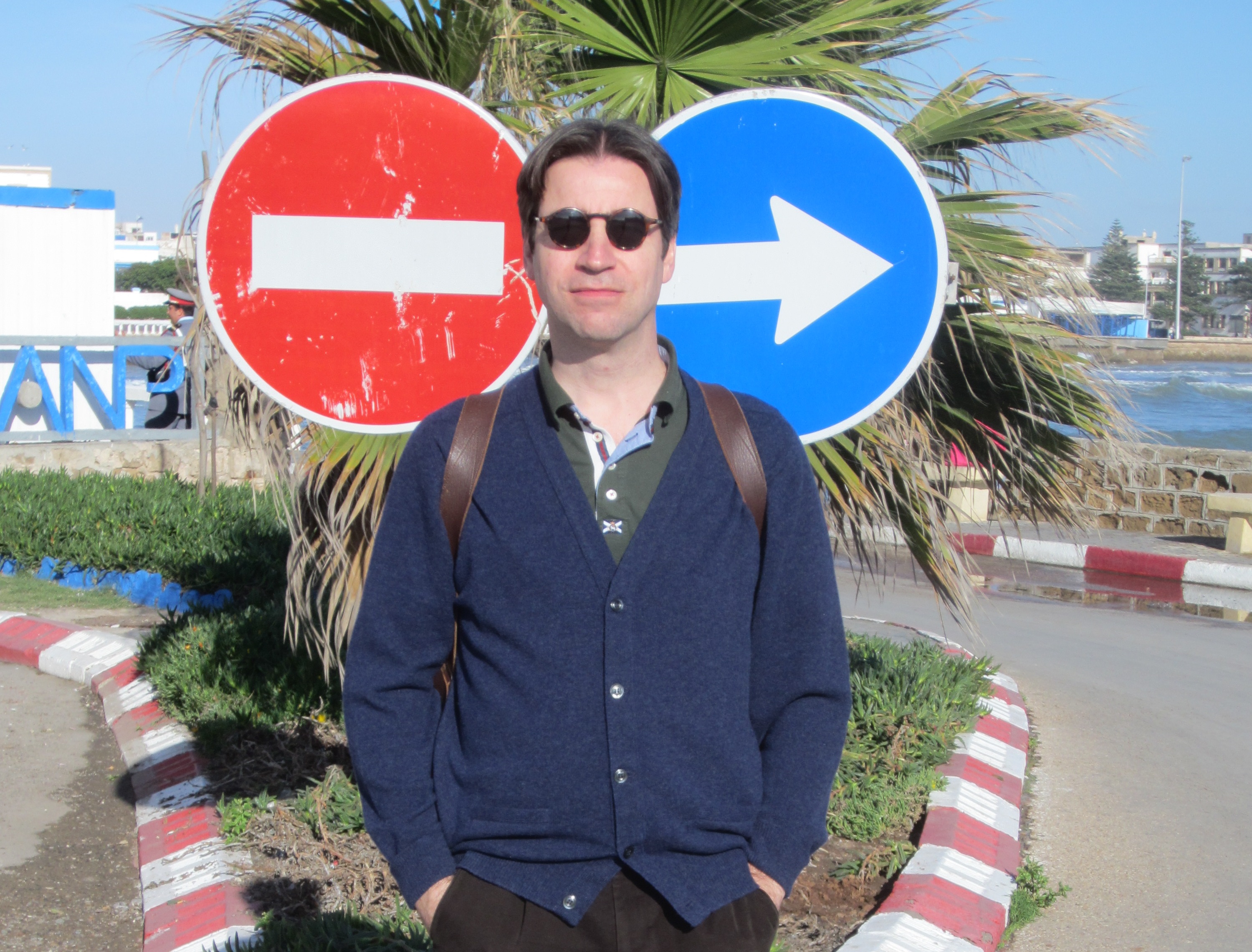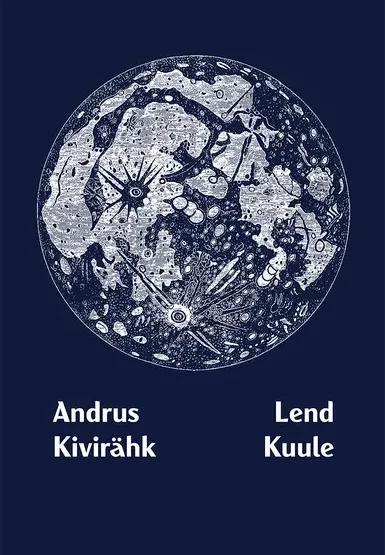Job Lisman is the editorial director of Prometheus/Bert Bakker Publishers in the Netherlands, which publishes such bestselling authors as Jeffrey Eugenides, Zadie Smith and Jo Nesbo, as well as the Estonian authors Jaan Kross and Andrus Kivirähk. What is more, Job has also attended several Head Read literary festivals in Tallinn. We met up to talk a little about books, publishing, and of course about Estonian literature and the festival.
So, to begin with, how did you find Estonia and the Head Read festival?
Actually, I was invited by Ilvi Liive [the director of the Estonian Literature Center — BK ]; we had been in touch for a while, because Prometheus publishes Jaan Kross. I joined Prometheus in 1999 and The Ring of Mesmer by Jaan Kross was one of the first translations I edited. So, we kept in touch with Ilvi and then in 2013 she invited me to come to Tallinn and be a fellow with three or four other editors. And I have kept coming back here since.
Is there anything you especially enjoy at Head Read festival?
The best part of the festival is that the quality and diversity of the invited writers is very high, but at the same time the group is not too big, so you have the idea you are not part of a huge group but of a nice small group. And there are plenty of opportunities for authors and editors to meet and mingle, either during the official activities, or later for dinner or drinks.
It was wonderful to meet some new people and also to bump into old publishing friends, in a city that has become very close to all of us. For me personally it was fun to see our author Joost de Vries in Tallinn. On the last night, in Pegasus (a place that is always a highlight anyway) we even met other Dutch-speaking people, including the Estonian writer Kairi Look, who speaks Dutch fluently.
How did you get into the publishing business?
Not the way you would think. Actually, I studied law, because I had no idea what I wanted to do. Law apparently was useful: people said so! I even finished it, but I was not a very good law student, and I knew that I would be a bad lawyer. Also, I have always read a lot for pleasure, but I never wanted to study Dutch literature because I didn’t want to approach in an academic way what I considered to be my passion. And then, during my university years I noticed there was such a thing as being an editor. I had no idea what it was back then, but when I moved to Amsterdam, I thought I would give it a try and become one. I started out in a very small publishing house; it was more like a bookshop actually, but apparently it was the beginning of a career. I worked for another publishing house, and at one point I applied for a job at Prometheus, where I still am. It has been 18 years.
Prometheus publishes the works of Jaan Kross and Andrus Kivirähk in Dutch, which Estonians are really happy about, of course. But what led you to publish Estonian authors and how are they doing these days?
Well, Jaan Kross had already been published before I joined Prometheus. And because I love the books and the author, I decided to continue with him, even though we don’t have a strong classic tradition in Holland, even with our own authors: when authors die, a lot of people lose interest in them. Books in Holland always have to be new; they have to be for the moment, to say something about our current time. The Dutch are not very focused on the past; they are more focused on the present and the future. Therefore, the genre of historical novels is a pretty difficult genre to sell. But I have noticed that a lot of Estonian novels are historical novels and, although Jaan Kross died in 2007, we still continued to publish him, because he is an excellent writer. You can publish one historical novel every once in a while; that might work out. We are about to publish Between Three Plagues, Kross’s masterpiece. Two years ago during the summer I read the English translation that was published by the famous and great MacLehose Press, and it was such a glorious summer. There are two translators in Holland that translate from Estonian, so they cooperate. They are both busy now.
And Kivirähk for the Dutch reader?
When I first read his novel The Man who Spoke Snakish, I quickly understood that it was intertwined with Estonian mythology, which I knew nothing about. So, there were many references in the book that were meaningless to me and it just had to work as a novel, which it did. I bought the rights and it was published two years ago and very successfully: it sold around 5000 copies, which is very good for a book like that in Holland.
We published The Man who Spoke Snakish in 2015, although it was originally published in 2007. Lately, I have been thinking that maybe 2007 would have been too early to publish it in Holland and in Western Europe, because the way most reviewers reviewed it and the way I mostly read it was as a book about a disappearing world, a world destined to be lost. In a way, in Western Europe this feeling has grown much stronger during the last few years.
But what about your own your literary favorites?
Always so difficult to say…. Today I just finished the manuscript of the new novel by Joost de Vries, whose second novel, The Republic, will be published in Estonian very soon. He is one of our best young writers, and he has a great literary future ahead of him. These days he is definitely one of my literary favorites.





